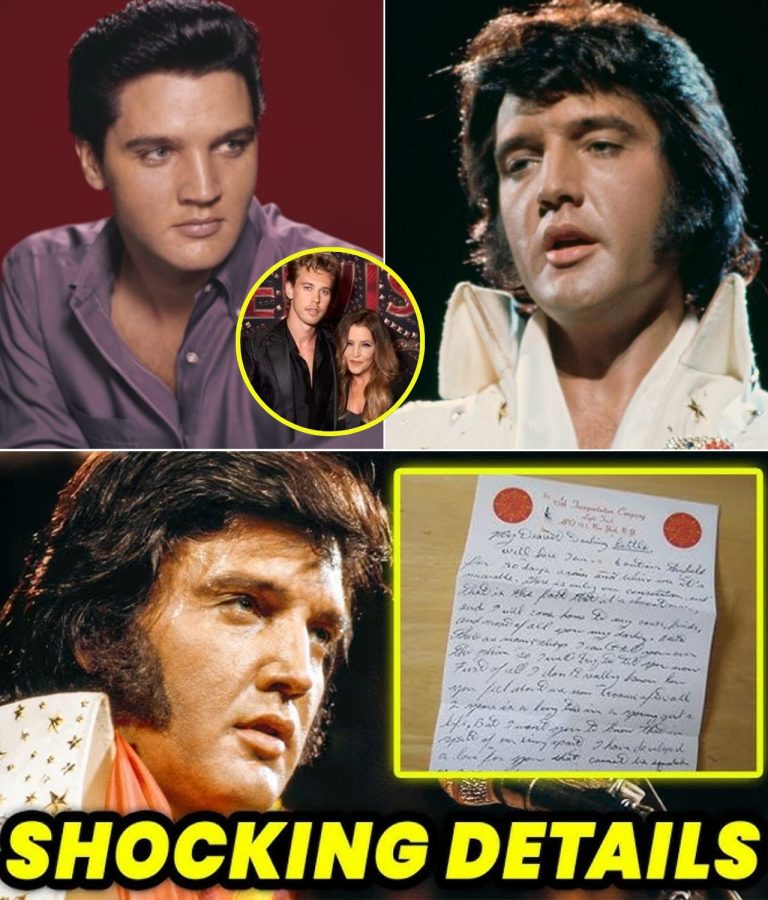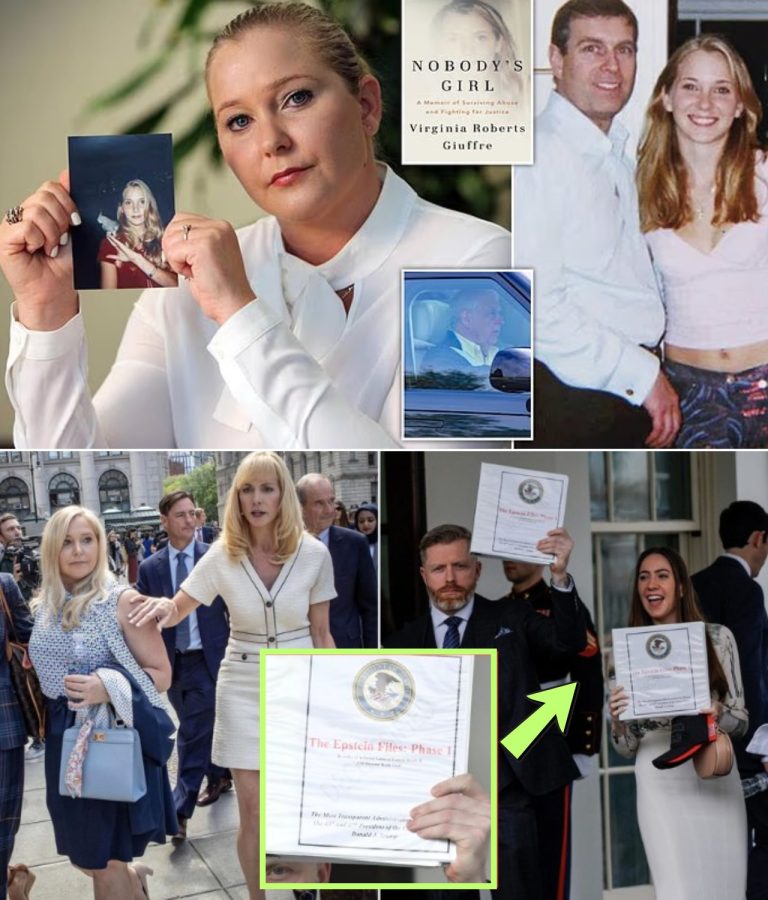Elon Musk’s recent move to limit Disney’s Pride-related content on his social media platform, X, has ignited considerable controversy and sparked discussions about the intersection of social values, media influence, and children’s programming. Musk has openly expressed his belief that “woke” messaging, particularly discussions surrounding gender identity and LGBTQ+ themes, should not be presented to children. His rationale for banning Disney’s Pride content stems from the assertion that such themes are “inappropriate for children” and should be carefully curated in spaces accessible to young audiences.

This decision highlights Musk’s increasing concern over what he perceives as “woke” messaging in media aimed at younger viewers. He has voiced reservations about companies, especially in the entertainment sector, integrating social justice themes or content advocating for diversity and inclusion, labeling these initiatives as “woke” and unsuitable for children. Musk argues that parents should maintain control over the content their children encounter and that platforms like X should help ensure that messaging aligns with “traditional” or “neutral” values for younger audiences.
However, many critics view this decision as an overreach that could stifle positive representation for marginalized groups, especially considering the widespread popularity and influence of Disney’s content. Disney has long been an advocate for diversity and inclusion, producing works that frequently feature LGBTQ+ characters and Pride-themed narratives aimed at normalizing these identities within mainstream culture. Supporters of such representation argue that children benefit from seeing diverse identities reflected in media, fostering empathy, inclusivity, and understanding from an early age. They contend that this type of content can serve as a crucial lifeline for LGBTQ+ youth who may not find their experiences mirrored elsewhere.

Critics of Musk’s decision also stress that limiting access to certain content merely because it is labeled “woke” can have significant repercussions. They argue that restricting specific narratives or identities conveys a message of exclusion rather than acceptance, potentially stigmatizing the very individuals that Pride content seeks to represent. Opponents of Musk’s stance assert that a more nuanced approach is necessary—one that respects parental preferences without undermining representation for groups that often lack visibility in mainstream media.
Conversely, supporters of Musk’s viewpoint maintain that children’s media should emphasize traditional values and avoid any form of sociopolitical messaging. They argue that entertainment aimed at younger audiences should prioritize universal values—such as kindness, honesty, and courage—without delving into topics that could be perceived as controversial or overly mature. From this perspective, children should be allowed to form their own opinions on complex issues once they are older and capable of critically engaging with diverse perspectives. Proponents of this view believe that “woke” themes could inadvertently expose children to concepts they may not yet be ready to comprehend or interpret appropriately.
As debates surrounding representation and children’s programming continue, Musk’s decision has positioned X at the forefront of a broader cultural conversation. It remains to be seen how Disney and other content producers will react to these restrictions and how Musk’s stance on social issues may influence his platforms in the future. With social media playing an increasingly pivotal role in determining what content reaches young audiences, the balance between representation, parental control, and platform regulation is likely to remain a contentious issue.






